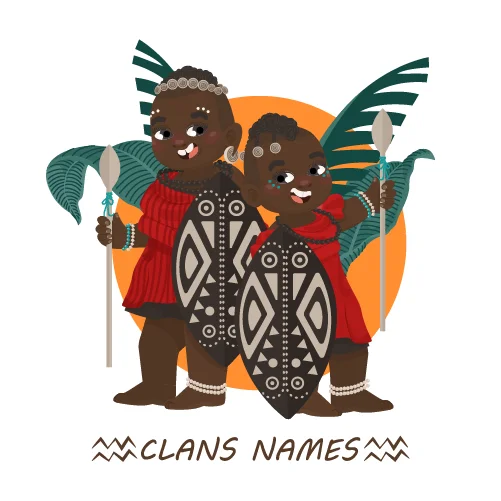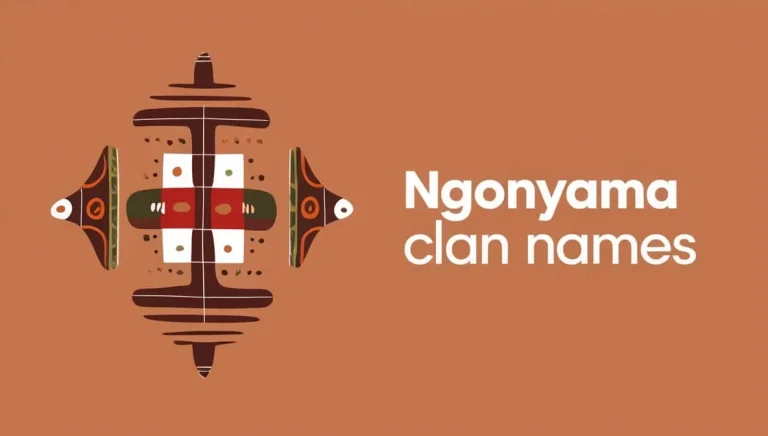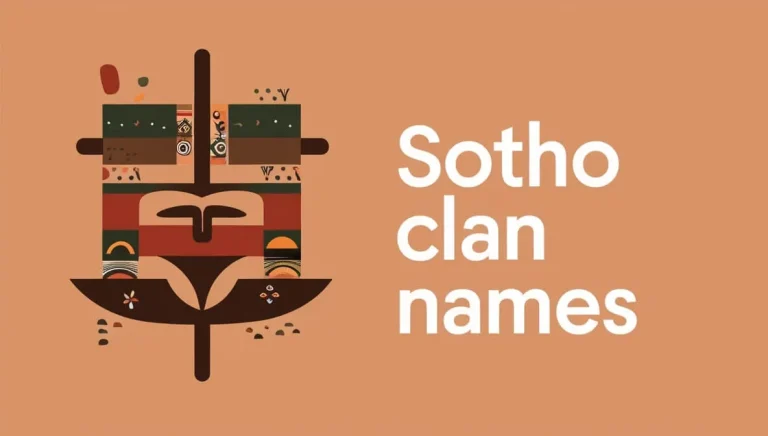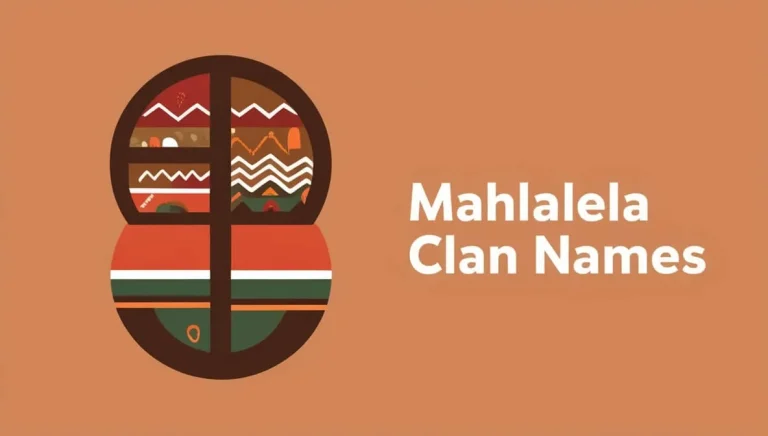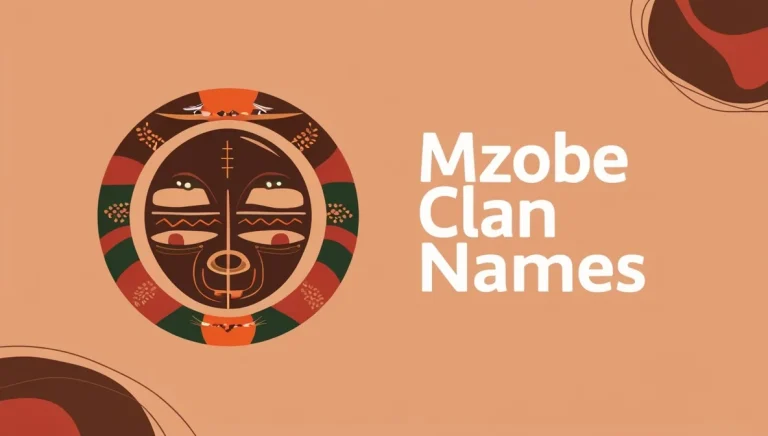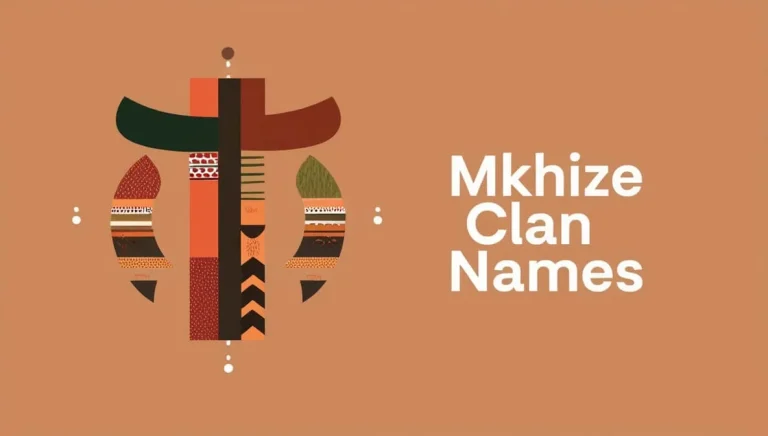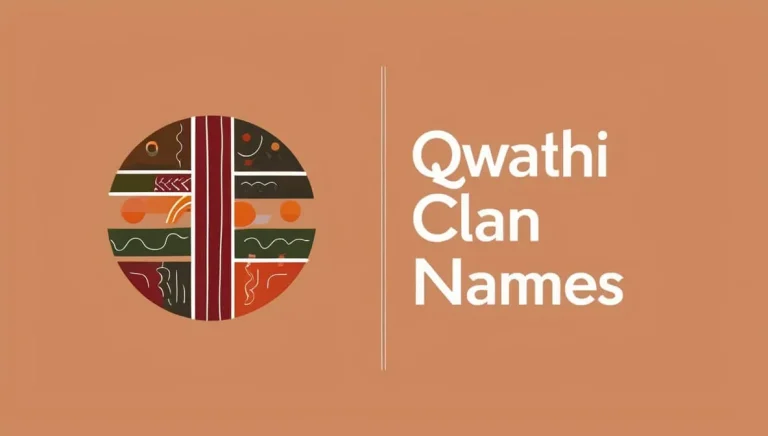Izithakazelo Zakwa Dludla Clan Names History and Origin
Dludla is the 811,192nd most prevalent surname globally and can be found predominantly in Africa; specifically South Bantu Africa where 99 percent of those bearing this surname reside.
Clan names and surnames are part of African culture that serve to identify ancestry connections. Most children in African communities take their paternal clan names when taking on adult identity roles.
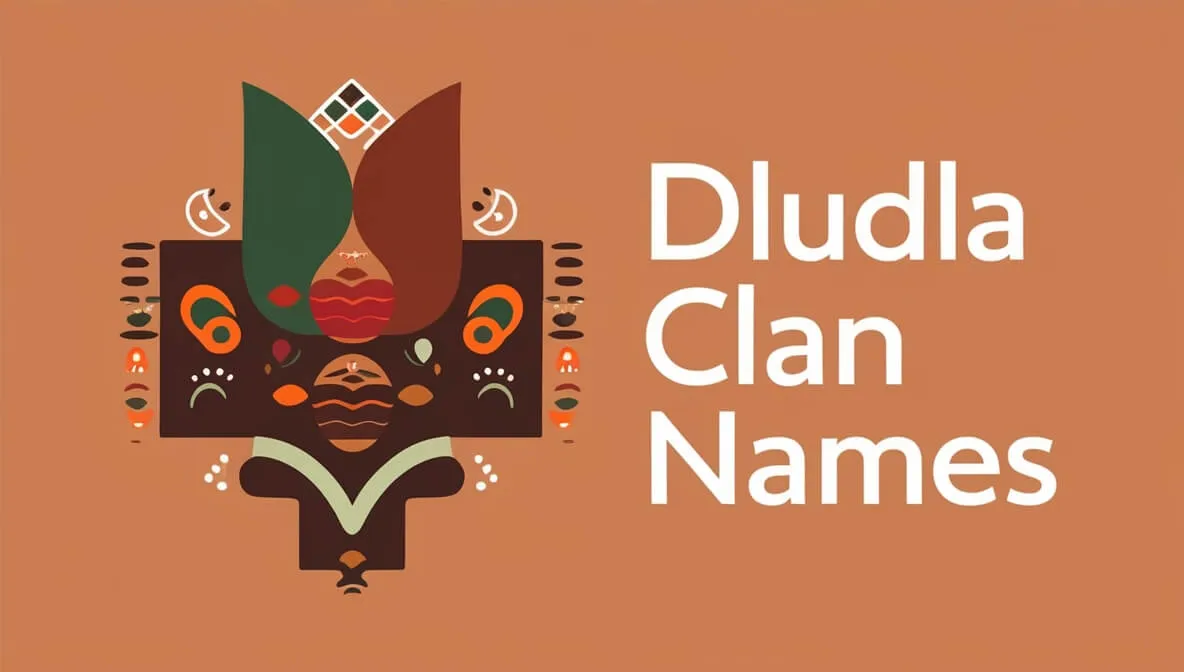
Dludla Clan Names
- Dludla
- Mthiyane
- Khambule
- Qhudeni
- Mthimkhulu
- Bhodl’ongalasile
- Mabhala amnyama
- Ndaba
- Ndlandla
- Mpembe
Ndebele
Ndebele beliefs center around their ancestral heritage, with respect for ancestors believed to influence and guide their lives. Additionally, they adhere to an expansive belief system including rituals and ceremonies and seeking guidance from spirits.
Their ancestors are revered as the creators of their land while traditional healers called sangomas play an essential role in connecting these ancestral spirits and providing healing and divination services.
Ndebele authorities follow similar patterns to their Zulu counterparts, with authority resting with a tribal head (ikozi), assisted by an inner or family council (amaphakathi).
Each family had an umuzi, often consisting of just the family head and his immediate family with unmarried children not yet married residing within. If married sons or younger brothers joined the household it could grow larger as more living quarters were added on top of it all.
After Musi died there was a succession dispute between his two sons Manala and Ndzundza which led to three great battles, starting at MaSongololo (Zonkololo) between present-day Cullinan and Rayton. Ndzundza eventually gained Musi’s iNamrhali while Manala continued as senior ruler of Ndebele kingdom from KwaMnyamana with Olifants River serving as boundary between them both kingdoms.
Zulu
The Zulu are one of the largest ethnic groups in South Africa. Their rich history and ancestral legacy play an integral part of South African culture, while being renowned for their courage and resilience in battle – led by legendary King Shaka who established their kingdom in KwaZulu-Natal today.
Traditional Zulu culture emphasizes clan affiliation. Children typically take their father’s clan name as their surname; such names embody an authentic African identity with deep personal, cultural, familial ties as well as being used to indicate wealth within families and determine social standing within communities.
Clans in Zulu society are organized into chiefdoms and natal areas, each overseen by its own chief, assisted by assistant chiefs. Land is allocated among families according to each chief’s discretion for cultivation by them at will.
Under British colonial rule, Zulu warriors battled fiercely with them in several violent and memorable battles that became legendary within Zulu culture.
At Isandlwana, thousands of Zulu warriors were killed on a single day – an immense setback to British Empire. Lord Carnarvon eventually decided to form a federation between his colonies and Boer republics in southern Africa; sending Sir Bartle Frere to take control of Zululand.
Xhosa
The Xhosa are a South African ethnic group who speak the Xhosa language, constituting the second-largest group. They possess a rich oral history in which folktales blend seamlessly with historical accounts.
Xhosas take pride in their culture, which can be seen through their food habits and celebration of events like umtshato (marriage ceremony). A weapon is an important tool when out herding cattle; perhaps training in stick fighting might even take place during circumcision ceremony.
Under Xhosa tradition, girls should remain virginal until marriage – which makes it so difficult for Xhosa women to marry outside their family. Before abducting her from her home and paying an exorbitant sum in lobola (bride price).
A groom must first secure permission from both parties involved before abducting his bride-to-be from home and abducting her away to his destination of choice – often an impossible task!
Xhosas are deeply religious people, believing their lives depend on a supreme being known as Qamatha for survival. Without its rules imposed by Qamatha, life would be chaos, confusion and uncertainty on Earth.
They honour their ancestors and respect elders while keeping many cultural traditions whilst accepting Christianity. Additionally, patriarchy plays an integral part of daily life with men often seen as breadwinners and protectors of their family units.
Nguni
Nguni people share a rich culture and traditions that transcend language differences, being one of South Africa’s largest ethnic groups and widespread across its territory.
Men and women within Nguni communities traditionally had separate roles: male members were expected to manage livestock and farmlands while girls cultivated food and wove cloth; additionally young boys are trained as warriors.
Nguni clans can be traced back to East Africa, where their ancestors were Bantu-speaking peoples who moved north and south. Archeology and linguistic studies reveal that some Nguni-speaking clans migrated through Mozambique into present-day Eswatini through Mozambique – evident by shared languages and cultures between Mozambique and Eswatini.
Early in the nineteenth century, Europeans attacked Nguni-speaking peoples. This marked a turning point in Nguni history as their southern clans gradually gave way under European expansionism; eventually their rebellion was crushed, leading many men from this group into becoming migrant laborers throughout southern Africa.
Nguni people have a strong sense of community, and are widely recognized for their love of music and dance. Life for Ngunis revolves around rituals from birth until death: girls receive a “tsonga”, comprising goods and clothing given by their parents in preparation for marriage; boys circumcise before becoming warriors. Ngunis value family relationships highly while respecting elders deeply.
